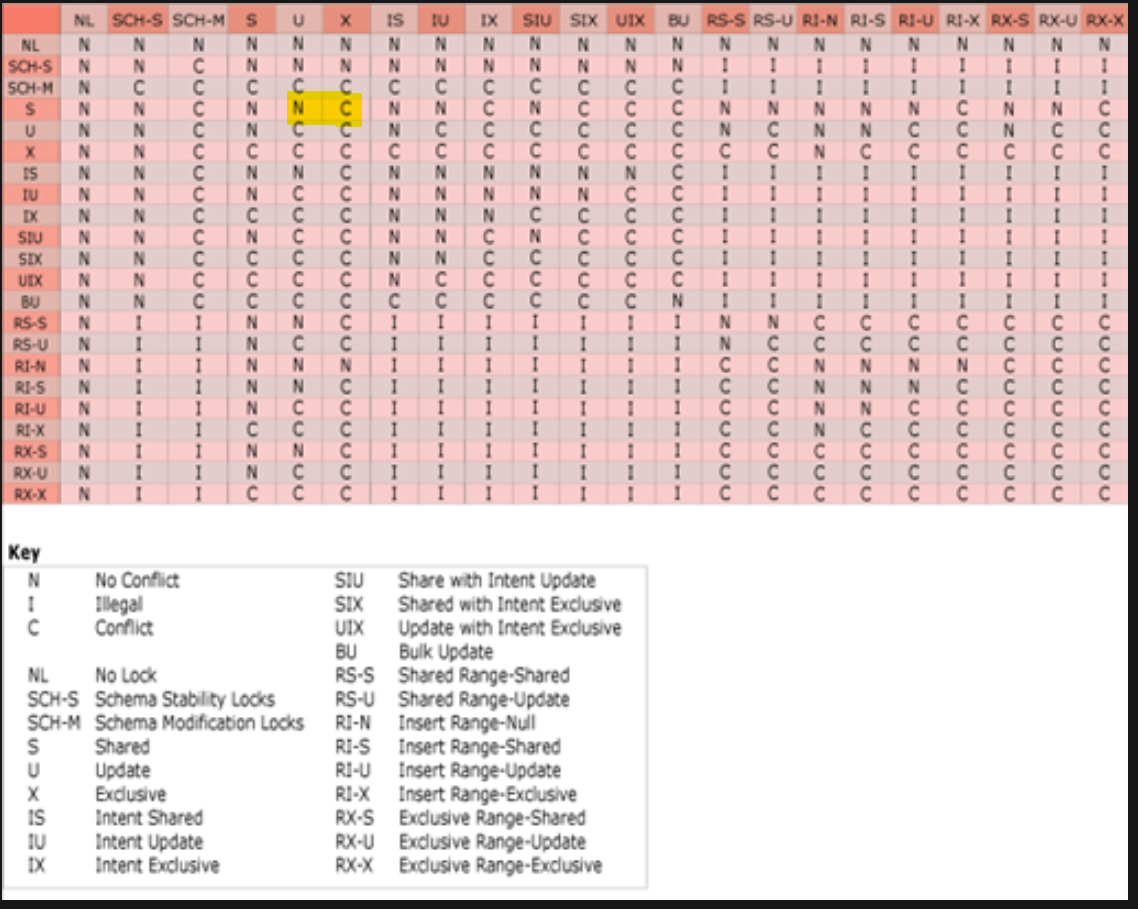I wanted to know when you are at read committed isolation level and in one session someone started an explicit transaction which has a select statement, say it takes 20 seconds. Can someone from a different session will be able to update the records from that table while the select statement is still executing.
I was discussing this with someone and according to them it will be able to update those records because that's where update locks come into play and gives the exclusive lock to the update while the query is still executing. I can't find any documentation on this and also don't know how to test this

